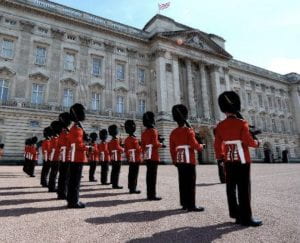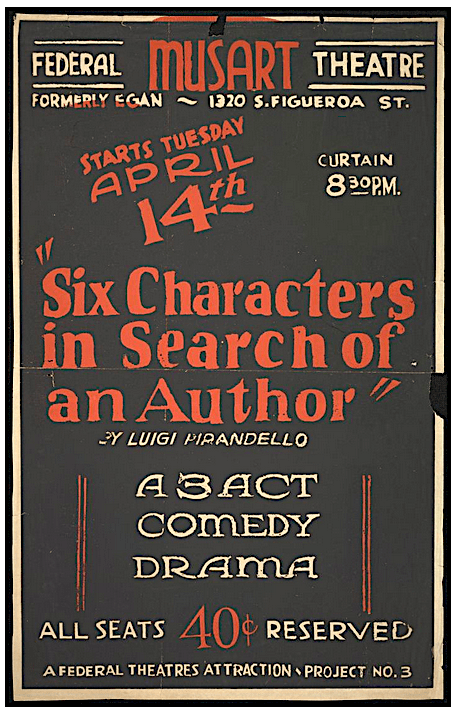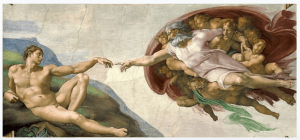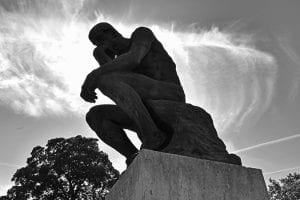A search of a hundred websites, or a quick read of a Hemingway novel, will inform you that the first few lines in a book are the most important. But how do you gauge that? Easily. Just work out how many times you needed to edit/change the opening lines in Chapter One and there it is all before you – the most critical part of your novel. In 3 WISE MEN, the initial Chapter One quickly got discarded and replaced with new text that helped inform readers of “Character, Location and Conflict.” After several re-writes (including a drastic change in the order of events), 3 WISE MEN finally started like this:
[ Novel Extract from Chapter One:
“Jak hesitated, his heart still thumping. A few passengers noticed his tortured expression before he slinked low into seat 21 and the train doors finally closed.
As they gathered speed out of Antibes, he wiped perspiration from his face – taking care to avoid the purple-red wound over his right eye. With a shaking hand he sipped some water and shaded his face from the outside glare to search a vignette of fleeting images – the crowded car park merging into splotches of grass and graffiti, and the rustic walls of old Fort Carré towering proudly above the headland.
“Where is my wife?” he wondered.
The train gently swayed along parallel to the coast, its rhythmical ‘cli-clack’ … ‘cli-clack’ calming his frayed nerves. At last, the numbing fear that had been rising to choke him began to subside. The sun’s rays gathered into a fiery orb and, as he watched spellbound, they were swallowed abruptly into the tranquil Mediterranean.” ]
So, what do we have? Well, we have our protagonist, “Jak,” on a train and rather uncomfortable about it too. There is something going on here that needs further reading to find out exactly what happened earlier – which is always a good thing in a novel! So, a train is leaving from Antibes and, for the observant reader, they will know that it is traveling east, simply because of the order of images that Jak sees from his window. For readers unfamiliar with this part of the French Riviera, they will be relieved to learn soon enough that the train is heading towards Milan. Why a train you might ask? Perhaps more explanation in the next post … But, first, a question about Jak – he “slinked low.” Why? Why not “sit low” or “slump low” or …? I really struggled with this adjective for some time. I think the reasoning I finally made was that Jak was being hunted like an animal and animals are the best ones at “slinking” are they not?
Yes, the train from Antibes does indeed make a “cli-clack” sound as it tracks towards Nice. My wife and I caught 14 trains in total during our trip to the main locations found in 3 WISE MEN. Each train and each track makes a slightly different sound, but “cli-clack” seemed the most common, especially when leaving a station at lower speed.
To sum up – Jak is in trouble, scared and cowering in a train that is making a leisurely (cli-clak) journey along the French Riviera. Let’s hope it all works out OK for Jak but, I am not too sure!


 , is a play in three acts by Luigi Pirandello, using the device of the “theatre within the theatre,” the play explores various levels of illusion and reality.
, is a play in three acts by Luigi Pirandello, using the device of the “theatre within the theatre,” the play explores various levels of illusion and reality. 
 In the opening paragraphs of 3 WISE MEN, Jak is confounded and can’t figure out whether he was being set up. This dilemma – in a foreign country and on the run – reminded me a little of Rodin’s statue – ‘The Thinker’.
In the opening paragraphs of 3 WISE MEN, Jak is confounded and can’t figure out whether he was being set up. This dilemma – in a foreign country and on the run – reminded me a little of Rodin’s statue – ‘The Thinker’. The train swayed parallel to the coast, its rhythmical ‘cli-clack’, ‘cli-clack’ keeping beat with his thumping heart. On the horizon, the sun’s rays gathered into a fiery orb that sank abruptly into the tranquil Mediterranean.
The train swayed parallel to the coast, its rhythmical ‘cli-clack’, ‘cli-clack’ keeping beat with his thumping heart. On the horizon, the sun’s rays gathered into a fiery orb that sank abruptly into the tranquil Mediterranean.